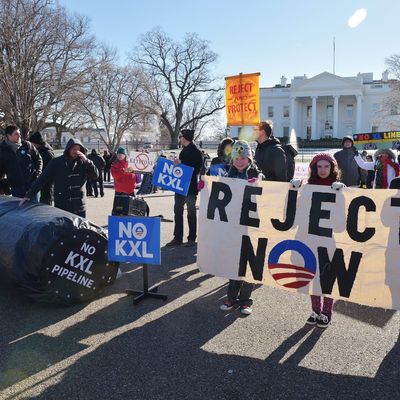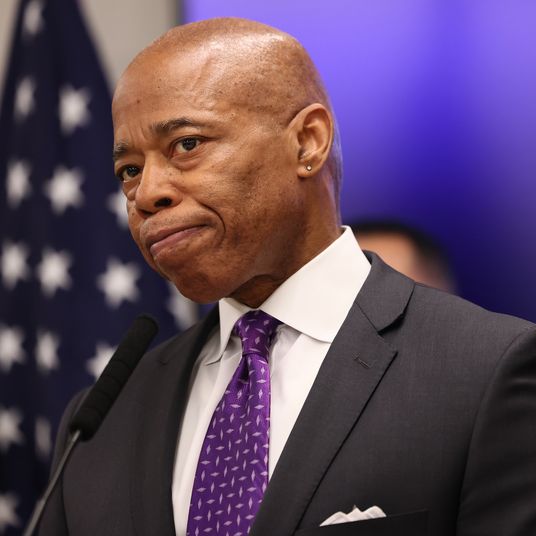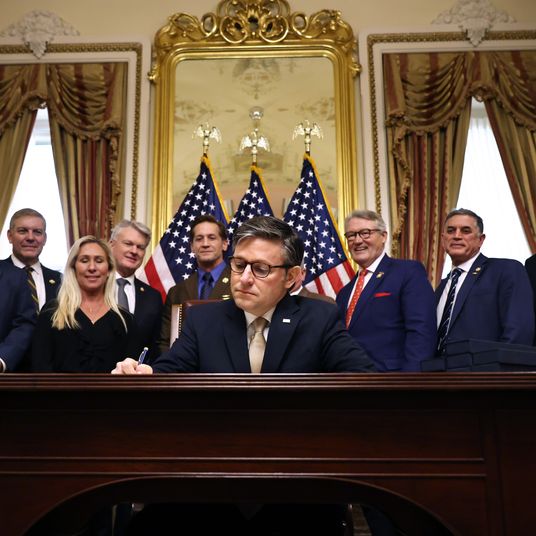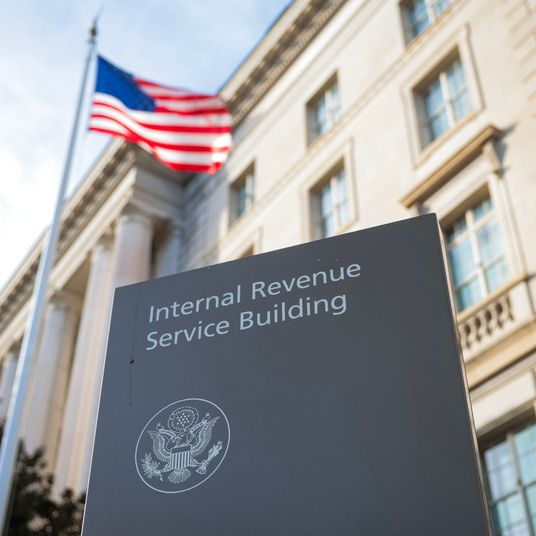
The developer behind the Keystone XL pipeline is pulling the plug on the embattled project, ending a fight that’s dragged on for more than a decade.
After consulting with Canadian officials and regulators, TC Energy — the Canadian energy company behind the pipeline project — confirmed on Wednesday that it had abandoned the proposed 1,200-mile-long pipeline that would have pumped a staggering 800,000 barrels of crude oil a day from Alberta to Nebraska. It’ll coordinate with regulators, Indigenous groups, and other stakeholders “to meet its environmental and regulatory commitments and ensure a safe termination of and exit from the Project,” TC Energy said in a statement.
“After more than ten years we have finally defeated an oil and gas giant!” the Indigenous Environmental Network, a U.S.-based Indigenous advocacy group, tweeted following the announcement. “From the Tar Sands to the Gulf we stood hand-in-hand to protect the next seven generations of life, the water, and our communities. This is not the end, but merely the beginning of further victories. We know this in our hearts.”
The project was first proposed in 2008, but almost immediately came under pressure from Native American tribes and environmentalists who argued it threatened their lands and waters and would worsen the climate crisis. Since then, it’s been on a political seesaw: The project’s permits were rejected by the Obama administration, but former president Donald Trump reversed course and construction on the pipeline began last year. Within hours of his inauguration, President Joe Biden rescinded the project’s federal U.S. permit. In an executive order, he argued that the oil pipeline “disserves” U.S. national interest and that “leaving the Keystone XL pipeline permit in place would not be consistent with my Administration’s economic and climate imperatives.”





























